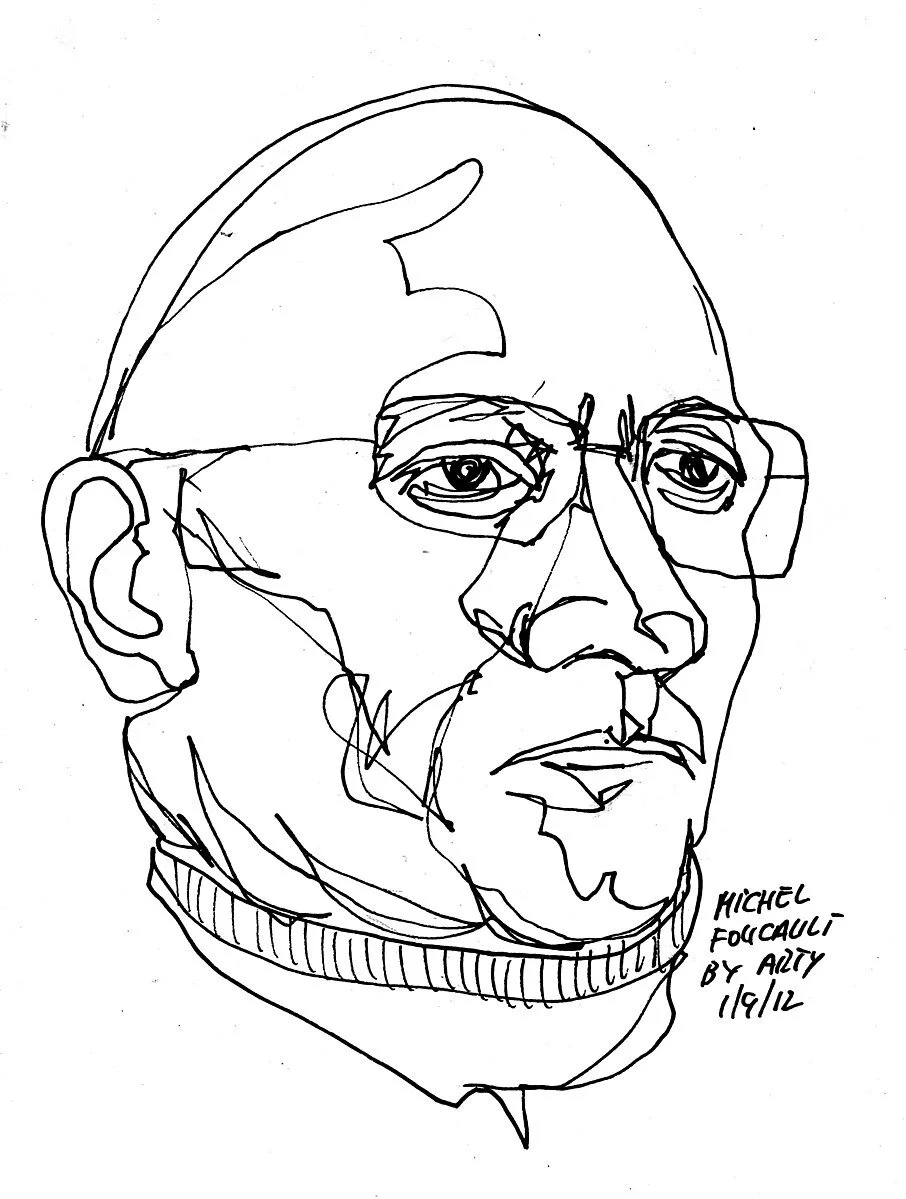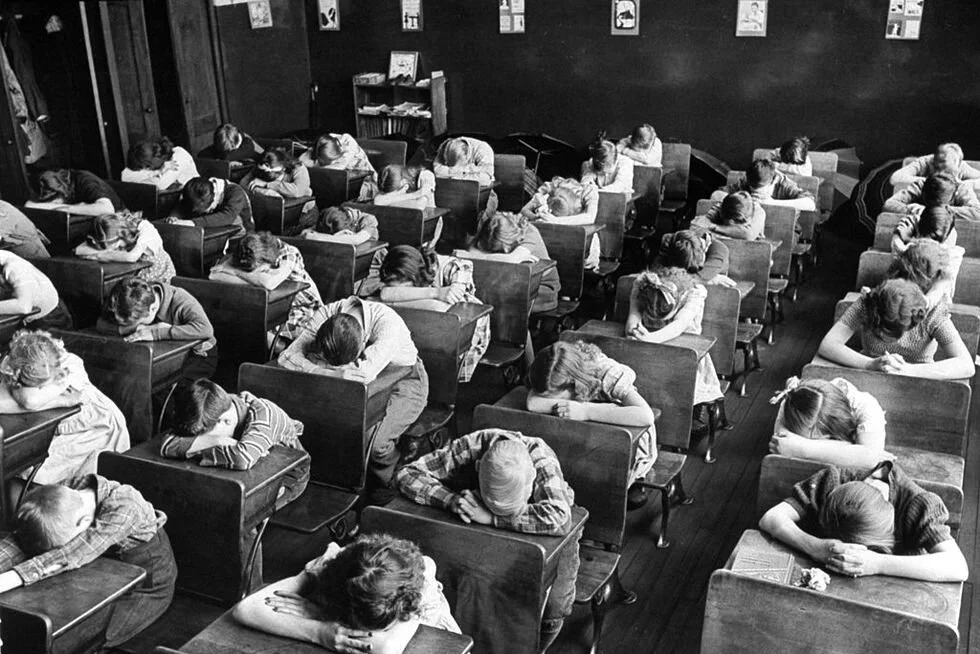On Tomorrow the Sex Will Be Good Again
When I was at university I had to study Practical Criticism every week for three years. Fundamentally this was a study in the relationship between form and content in literature (or ‘texts’, as I’m always slightly reluctant to call them). Now that I’m teaching writing myself, I’m arsing on constantly about this relationship. The nub of what I’m trying to say to my students is that your subject matter will, by necessity, influence the form and structure of your work. If you can be aware of that relationship, then you can wield some control over it. Not completely, but it matters nonetheless.
Katherine Angel* was conscious of the relationship between the subject matter of Tomorrow the Sex Will Be Good Again (sex, you may be surprised to hear) and its manifestation. It’s brief - a small thing that gets a lot done, a bit like a bit of the female anatomy that I won’t be so bald as to name. I suspect the reason more people don’t read The Second Sex isn’t because it’s not genius (it is) but it’s too fucking long. Tomorrow the Sex Will Be Good Again is a polemic, I suppose, or a long essay, except that both of those terms carry a rather phallic connotation of thrusting forth in a single-minded advancement of a specific point of view. Angel’s treatment of sexuality is (to deploy another overused word only with greatest reluctance) more fluid. Accordingly, my reflection of it won’t be a dickswinging piece of ‘criticism’, but more of a précis or consideration.
I come out in hives when I hear people bleating about ‘female sexuality’, because in recent years that’s come to mean something very specific. Or rather, a very specific dichotomy:
In the blue corner we have shiny-faced ‘sex positive’ educators, who compare consent to cups of tea and witter on blithely about the harmlessness of pornography and sex work, because apparently they both get rid of something called ‘the stigma’ and are therefore to be uncritically celebrated. In the red corner, we have rape culture, the inevitability of enacting a stunted version of sexuality that is little more than an eroticised retelling of male violence. This showdown is boring, and it’s depressing, and luckily, Angel manages to sidestep it.
The more nuanced version of the dichotomy I’ve mentioned is that there is a tension in women’s sexuality between a Platonic idea of desire, and the ever-present threat of a woman’s desire being turned against her as a justification for violence. Angel surveys the historical treatments of female sexuality, ranging from perceiving it as basically nonexistent, to inherently ‘responsive’ rather than intrinsic, to ‘perverse, perplexing and epistemologically troubling.’ At the heart of this, she suggests, is the pervasive idea that women are not an authority on themselves, that they do not really know what they want sexually, that the body can say ‘yes’ even as the mind says ‘no’. So convoluted is the development of our sexuality in response to this phenomenon that it can be very hard to know what you actually want.
The Blue Team therefore insist that women must become authorities on their own sexuality so that they can ‘ask for what they want’, they can ‘enthusiastically consent’, that they can ‘know their bodies’. This sounds marvellous, and circumvents the frightening prevalence of violence. But it is, Angel indicates, not really the point. The problem is that women should not have to be authorities on their own sexuality in order to explore it (because how else do you become an authority on what is fundamentally a two-way interaction?). And if they fail to be an authority on their sexuality, violence should not be the price that women pay.
Angel also examines the sometimes-troubling role of the scientific in the historical exploration of women’s relationship with sex. Data-snuffling sexologists have their role to play in challenging our stale assumptions, but there is often a problem with the gathering of the data, and flawed methodology can be deployed to ‘prove’ whatever it is that the culture wants female sexuality to be - even if what the data purports to prove is that female sexuality is unknowable, even to the woman experiencing it.
Angel also hints that the push towards knowledge in itself is not without its problems. Why does female sexuality have to be circumscribed, exposed, stripped bare, in order to prove its existence (whereas male sexuality gets to be self-evident). Even the act of inquiry, Angel indicates, is laced with pitfalls.
What you may be deducing from this reflection is that Tomorrow the Sex Will Be Good Again is an elusive ‘text’ - it identifies the importance of phenomena, only to then tease out their tensions and problems. Frustrating? Sometimes. Rewarding? Absolutely. In search of a shape-shifting, biologically embodied and yet societally contingent truth? Hell yeah.
...
....
...
A bit like female sexuality itself, AMIRITE LADIES?
*On first posting this I somehow managed to mix up Katherine May and Katherine Angel. Katherine Angel wrote Tomorrow the Sex Will Be Good Again, May writes entirely different (also excellent) works of creative nonfiction. Apologies to both Katherines.


